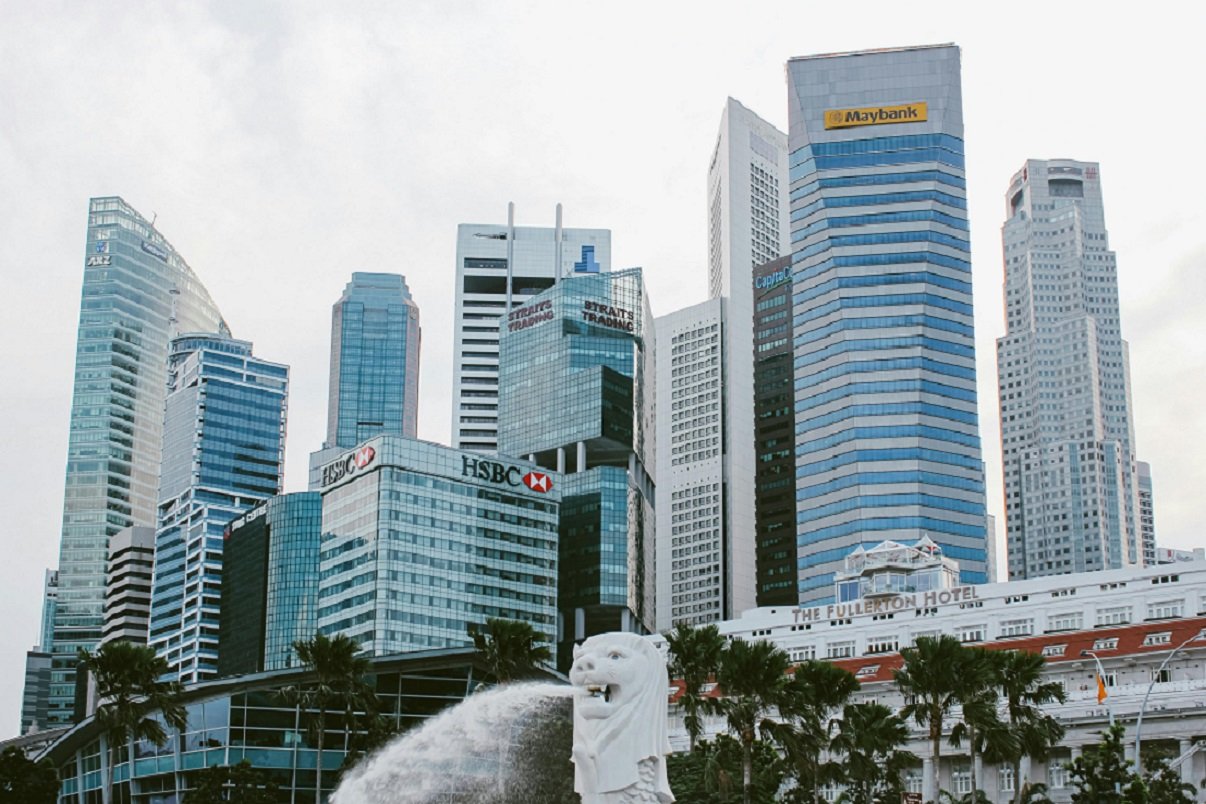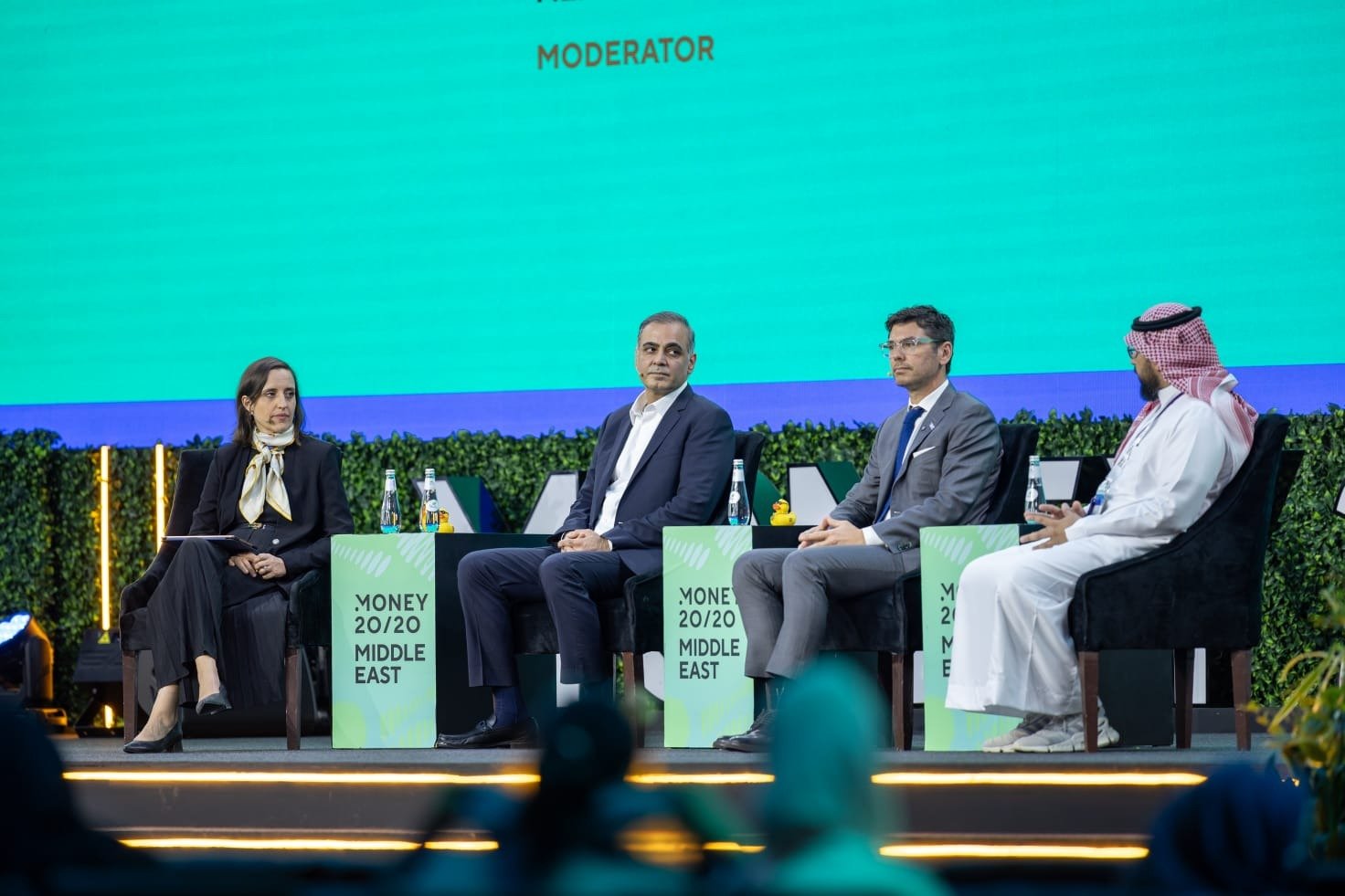Diesel prices to drop by Rs. 11.50 petrol price set to increase—Pakistan’s upcoming fortnightly fuel price adjustment brings relief for high-speed diesel (HSD) consumers while slightly raising petrol costs. The new rates are expected to take effect from August 16, 2025, as part of the government’s regular fuel price revision.
Details of the Expected Change
The price of HSD is projected to decline by around Rs. 11.50 per litre, translating to a drop of nearly 4% based on current tax rates. This comes after weeks of downward movement in global diesel prices. Petrol, however, may see an increase of Rs. 1.40 per litre, reflecting a minor rise of approximately 0.5%.
These changes stem from two main factors—fluctuations in global oil prices and recent gains in the Pakistani rupee against the US dollar. The stronger rupee has cushioned the impact of international price hikes, especially for diesel.
Global Market Trends Driving the Change
In the past two weeks, international petrol prices inched up by 15 cents per barrel, while diesel prices fell by $4.5 per barrel. The diesel drop is significant and offers breathing space for transporters, logistics operators, and agricultural sectors heavily dependent on the fuel.
A firmer Pakistani rupee added to the relief. The improved exchange rate has helped offset some of the import cost pressure, allowing for a larger reduction in diesel prices compared to petrol.
Current Pricing Overview
As of August 1, the ex-depot price of petrol stands at Rs. 264.61 per litre, following a Rs. 7.54 per litre reduction earlier this month. This cut came after four consecutive fortnights of increases since May 15, which pushed petrol prices up by a cumulative Rs. 20 per litre.
Petrol is a primary fuel for private cars, motorcycles, rickshaws, and small commercial vehicles. Any change in its rate directly affects the transportation budgets of middle- and lower-income households, making even minor increases noticeable for millions of consumers.
High-speed diesel currently sells at Rs. 285.83 per litre. Since mid-May, it has risen by a steep Rs. 27 per litre, with only a small reduction of Rs. 1.48 earlier this month. Diesel’s role in powering heavy transport vehicles and machinery means its price fluctuations have an immediate knock-on effect on goods transport costs and inflation.
Other Fuel Price Adjustments
In addition to changes in diesel and petrol rates, the government expects kerosene oil and light diesel oil (LDO) prices to fall. Kerosene may drop by Rs. 6 per litre, while LDO could decrease by Rs. 7 per litre.
Rural and low-income households rely on kerosene for cooking and lighting, and industries and farms use LDO in their operations. Lower prices for these fuels will reduce operational expenses for small businesses and farming communities.
Impact on Consumers and the Economy
For diesel users—particularly the transport and agriculture sectors—the expected Rs. 11.50 per litre reduction offers much-needed financial relief. This may lead to slightly lower transportation and freight charges, which in turn could slow down food and goods inflation in the coming weeks.
However, the petrol price hike could have a reverse effect for those relying on small vehicles for daily commutes. Even a Rs. 1.40 increase means higher monthly expenses for families already managing tight budgets.
Economists suggest that while the diesel price cut might help stabilize inflationary pressures, the petrol price rise will still pinch urban consumers who primarily depend on petrol-powered vehicles.
Government’s Pricing Mechanism
Pakistan’s fuel prices are revised every fortnight by the Oil and Gas Regulatory Authority (OGRA) based on changes in global oil prices, import costs, and currency exchange rates. The government also factors in petroleum levy and general sales tax (GST) when finalizing the ex-depot rates.
The official notification for the upcoming prices is expected on August 15, confirming the adjustments for the period from August 16 to August 31.
ALSO READ: PSX Closes Above 147,000 Milestone for First Time in History
Looking Ahead
The expected cut in diesel prices is a welcome development, but volatility in the global oil market remains a concern. Any sharp movement in international crude prices or the exchange rate can quickly reverse the current trend.
For now, consumers can look forward to lower diesel, kerosene, and LDO rates in the next fortnight, while preparing for a modest petrol price increase.





